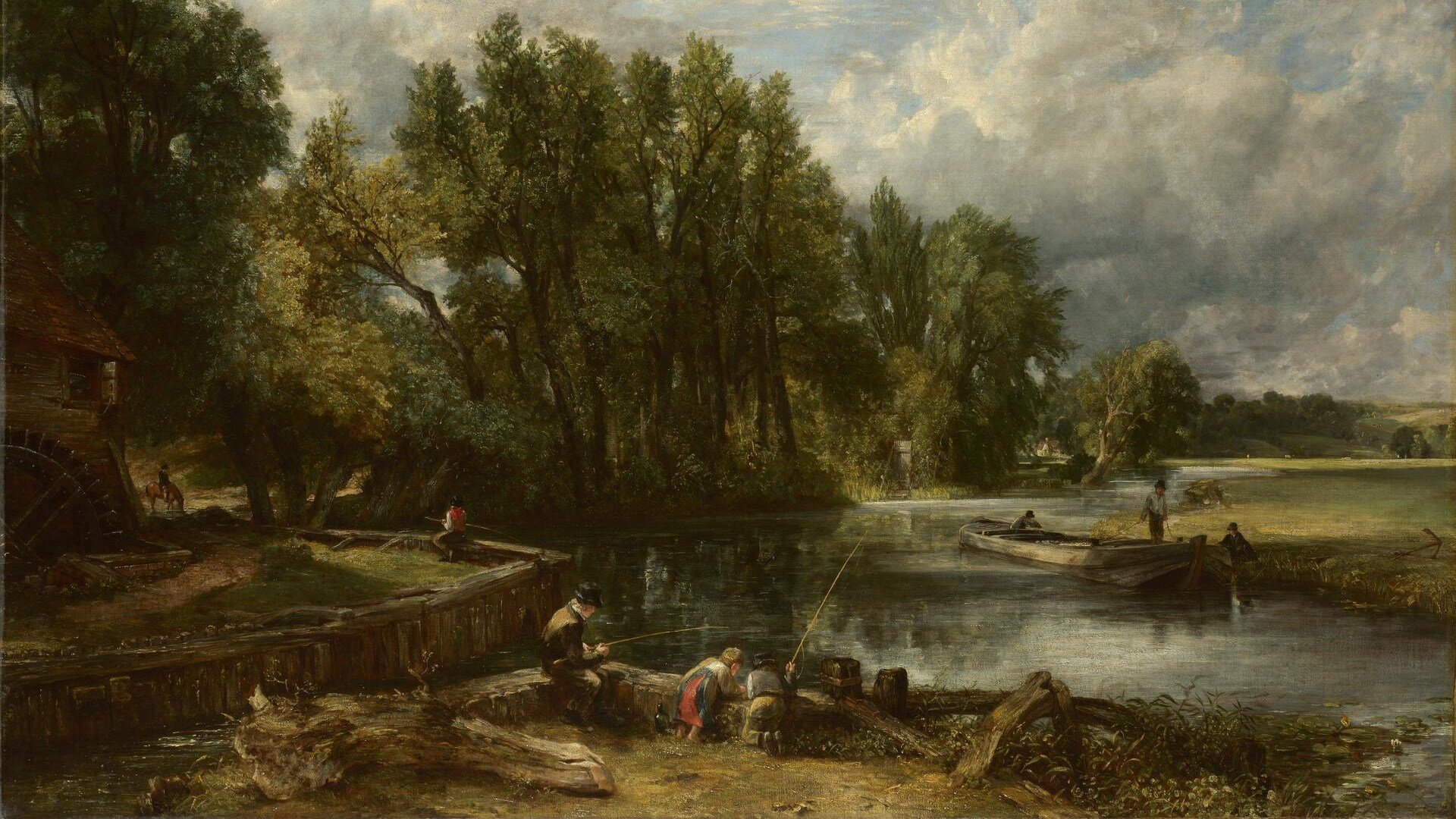Fishing
Cumberland Valley, Pennsylvania, where Whistlestop Bookshop is situated, is generously watered and drained by creeks renowned for their fishing. Conodoguinet Creek, which flows about 100 miles to the Susquehanna River and is nearest to Carlisle, is actually better known for the fishing in its two tributaries, Big Spring Creek out of the Newville area (only 5 miles) and Letort Spring Run, which arises south of Carlisle and flows north 9 miles to the Conodoguinet. The Yellow Breeches Creek, which flows along South Mountain for 56 miles to the Susquehanna, is internationally famous for its trout fishing.
Naturally, a trout-fishing and especially a fly-fishing culture has developed, sometimes thought to be mostly local, sometimes acknowledged to be of world interest — the world that loves the quiet and focus and solitary rewards of fly-fishing. Rarely, the local zen masters of fishing wrote books. Charlie Fox was once a customer of Whistlestop, and Joe Humphreys is still in print and in fact the subject of a documentary we carry. Fishing does inspire fine writing, after all — the names of Izaak Walton, Norman MacLean, Thomas McGuane, Patrick McManus, John Gierach suggest the range of approaches in writing about “standing in a river waving a stick,” to use Gierach’s famous descripton.
Dedicated to the memory of a great fisherman and an even better brother, Gordon Wood (1956-2020).
Standing in a River Waving a Stick
Standing in a River Waving a Stick
Brilliant, witty, perceptive essays about fly-fishing, the natural world, and life in general by the acknowledged master of fishing writers.
With his inimitable combination of wit and wisdom, John Gierach once again celebrates the fly-fishing life in Standing in a River Waving a Stick and notes its benefits as a sport, philosophical pursuit, even therapy: “The solution to any problem—work, love, money, whatever—is to go fishing, and the worse the problem, the longer the trip should be.” After all, fly-fishing does teach important life lessons, says Gierach—about solitude, patience, perspective, humor, and the sublime coffee break.
Recounting both memorable fishing spots and memorable fish, Gierach discusses what makes a good fly pattern, the ethics of writing about undiscovered trout waters, the dread of getting skunked, and the camaraderie of fellow fishermen who can end almost any conversation with “Well, it’s sort of like fishing, isn’t it?” Reflecting on a lifetime of lessons learned at the end of a fly rod, Gierach concludes, “The one inscription you don’t want carved on your tombstone is ‘The Poor Son of a Bitch Didn’t Fish Enough.’” Fortunately for Gierach fans, this is not likely to happen.

